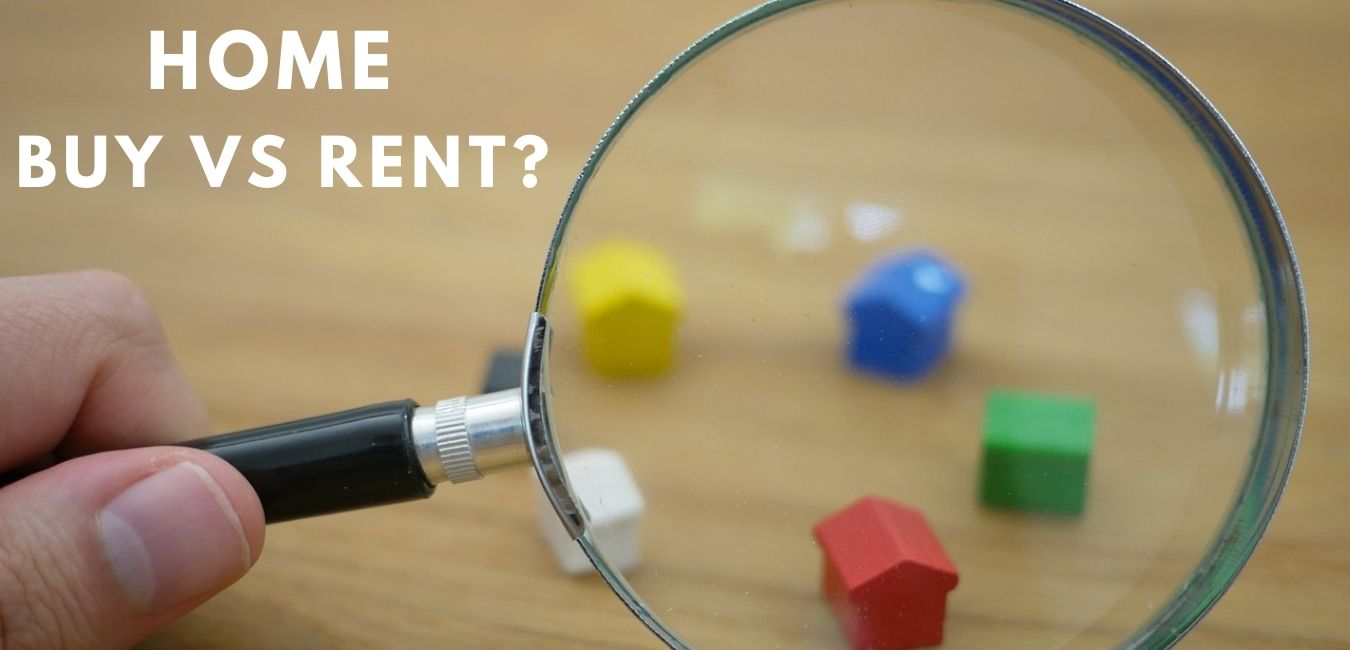The Buyt Desk
There is no easy way to decide whether to live in a rented house or in your own house. Definitely, this decision calls for financial considerations but there are many other things to consider as well. For instance, you should have made a choice when it comes to the following questions:
-
In which city and locality you want to reside.
-
Will your job involve moving to different locations or not?
-
Are you ready to compromise on your lifestyle, if need be?
In short, this decision is not only dependent on your pocket but also your preference with regard to life’s comforts and your approach towards life.
Owning a house
There are two sides to every coin. If you own a house, the tax benefits with regard to a home loan are ample. Section 80C of the IT Act provides a tax deduction of Rs.1.5 lakhs on the principal amount. Section 24 of the IT Act offers a tax deduction ranging from Rs.30, 000 to Rs.2 lakhs on the interest amount depending on the time taken to complete the construction of the house. If a home loan is not greater than Rs.35 lakhs and the value of the house is up to Rs.50 lakhs then IT Act provides an additional tax rebate of Rs.50, 000 on the interest amount every year. Of course, owning a house provides you with utmost satisfaction and pride. Unlike living in a rented house, you do not have the fear or the stress of changing accommodation in case things do not work out. However, you cannot ignore the fact that many people have lived in rented houses for several years.
It is a common perception – why not pay EMI and live in my own house instead of paying monthly rent. However, the question is whether your EMI will be the same amount as your rent. You may be living in Gurgaon’s most posh area by paying Rs.50, 000 rent for a 3BHK accommodation. But, the EMI for the same accommodation will be quite high. Thus, your EMI will equate to your exiting rent only if you will buy a house in a less posh locality. EMI is not the only expenditure in owning a house, down payment, stamp duty, registration, and maintenance cost are also involved. Also, taking a home loan may involve reducing the monthly budget and maybe sacrificing your savings.
Living on rent
Suppose, you take a home loan, and then you have to relocate for career growth. Now, you have to pay the home loan and additionally bear the hassles of getting a tenant, providing rent receipts, and discussing maintenance of the house. Do not keep a tenant then lose on rental income and there will be no way to maintain the house for which you are already paying an EMI. Living in a rented house also offers a tax benefit. In your ITR, you can claim a tax benefit on the House Rent Allowance (HRA) component of your salary. Most important thing is that living in a rented house; you do not have a debt to pay off.
As mentioned above, there is another side to every coin. Living in a rented house means that the property owner can give you the notice to vacate the house at any time. Moving to a new accommodation involves hiring porters or buying new household items. Every year there will be a hike in the rent amount, which might not be accompanied by a hike in your salary.
To conclude, while deciding on buying a house, be clear on your lifestyle demands, weigh on your financial capacity, and do not compromise on other financial goals like retirement. It is best to live in a rented house until you have accumulated a corpus such that the EMI for a home loan does not make a dent in your monthly budget.







